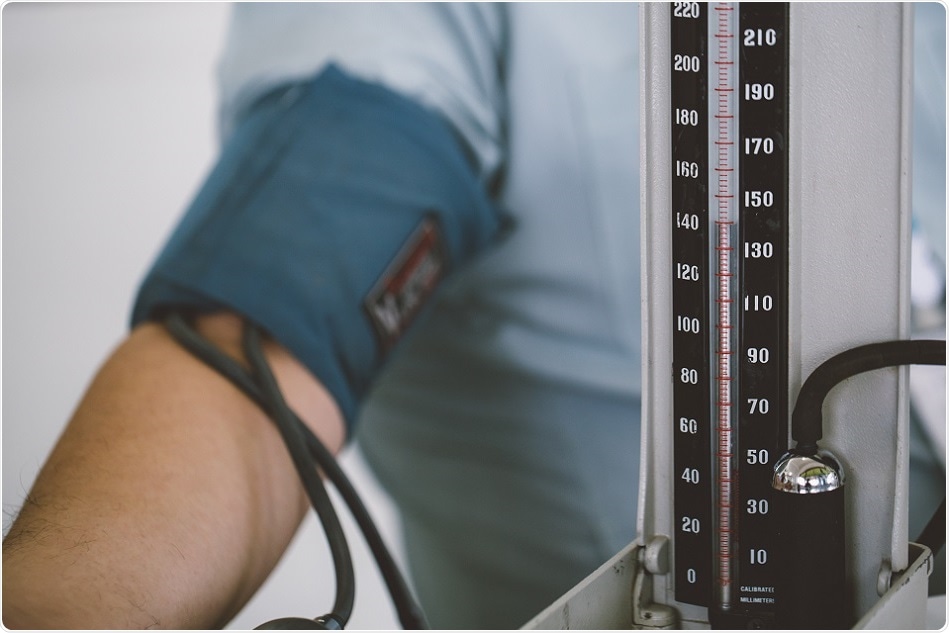Nov 24 2017
A new study, published in Cancer Epidemiology, Biomarkers & Prevention, indicates that adult survivors of childhood cancer were found to have a twofold increased risk of hypertension (high blood pressure) as adults, when compared with the general population.

Credit: Zerzaaman/ Shutterstock.com
Improvements in cancer treatment have significantly increased the pediatric cancer survival rate, where about 83% of children survive for at least five years and many become long-term survivors. At present, it is estimated that 420,000 Americans are adult survivors of childhood cancer. Nevertheless, many suffer chronic side effects.
High blood pressure is an important modifiable risk factor that increases risk of heart problems in everyone. Research has shown that high blood pressure can have an even greater negative impact on survivors of childhood cancer who were treated with cardiotoxic therapies such as anthracyclines or chest radiation."
Todd M. Gibson, PhD, St. Jude Children's Research Hospital in Memphis
The study involved 3,016 adult participants to evaluate the prevalence of hypertension among survivors of childhood cancer. Participants were considered to suffer from hypertension if their diastolic blood pressure was greater than or equal to 90, or their systolic blood pressure was greater than or equal to 140, or if they had been diagnosed with high blood pressure earlier and were taking antihypertensive drugs.
The study indicated that the prevalence of high blood pressure was 2.6 times higher among childhood cancer survivors than estimated, based on body mass index, race, sex, and age-specific rates in the general population.
The occurrence of hypertension increases over time: 13%, 37%, and more than 70% of the survivors suffer from high blood pressure at the age of 30, 40, and 50, respectively. Gibson indicated that the prevalence of high blood pressure in cancer survivors matched the rates in the general population about a decade older.
The study showed that certain survivor groups were at risk of developing high blood pressure: obese people, men, older survivors, and non-Hispanic blacks. Researchers identified that exposure to chemotherapy or radiotherapy was not essentially related to hypertension.
Gibson indicated that hypertension is a modifiable risk factor unlike prior cancer treatment. He further added that more research is required to identify efficient interventions to prevent high blood pressure in survivors.
Gibson suggested that the drawback of the study is that it was based on the evaluations of blood pressure, which were measured at a single study visit. Usually, hypertension diagnosis requires measurements recorded at multiple visits.
Source: